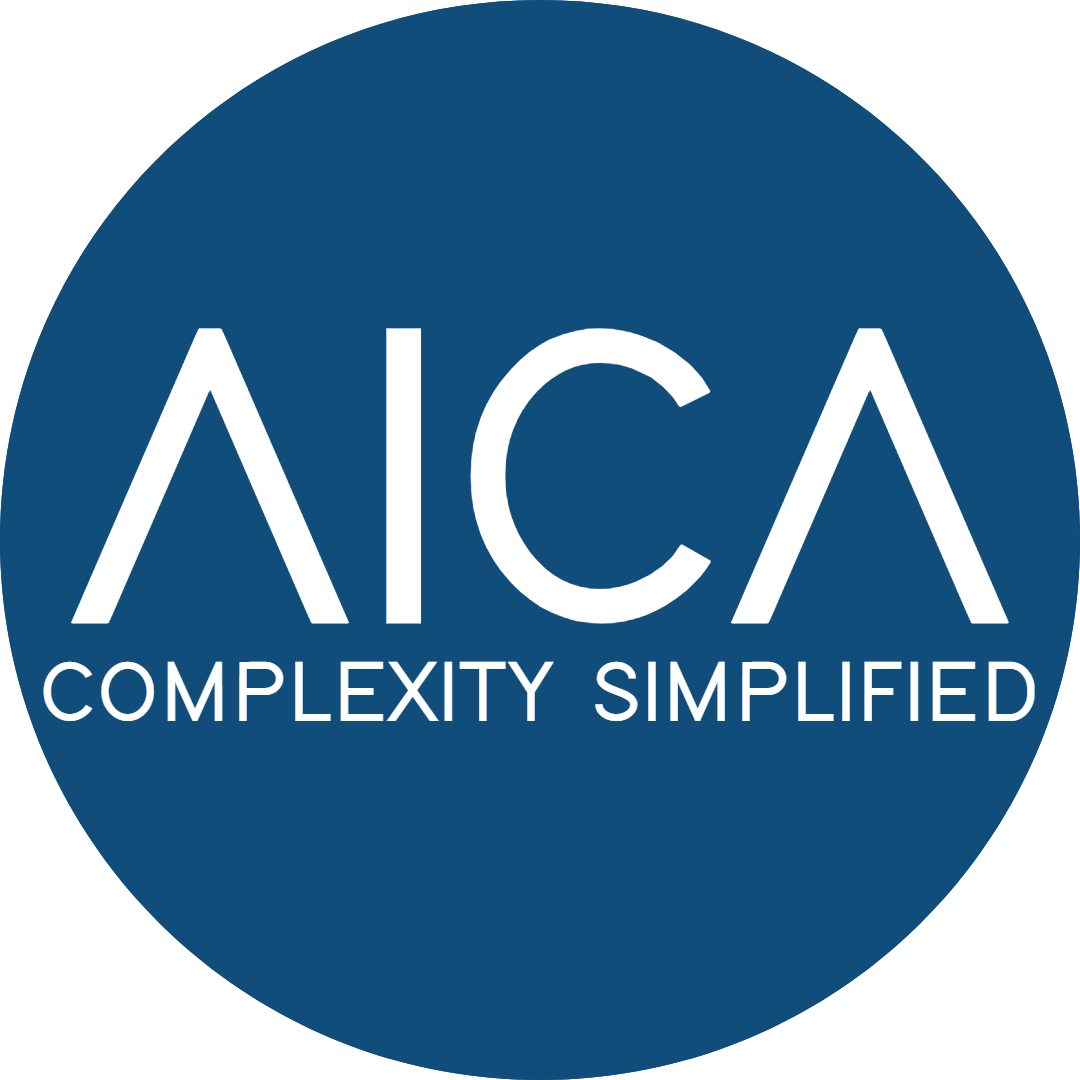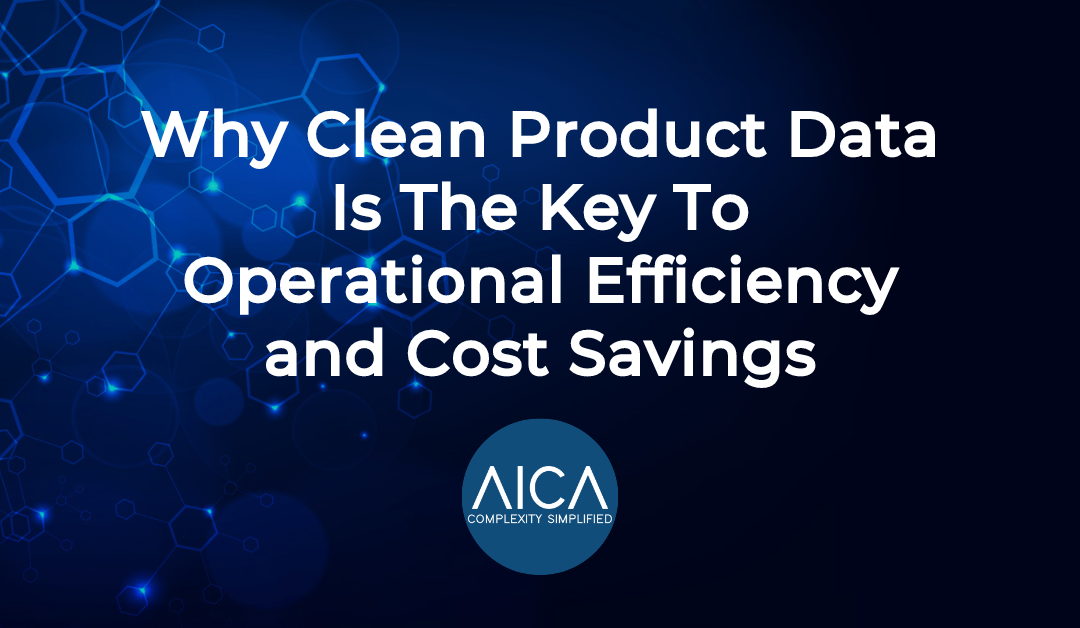The success of many industries hinges on the accuracy and consistency of their product data. From manufacturing and construction to mining and utilities, the quality of product data directly influences operational efficiency and cost management.
But what does it mean to have “clean” product data, and how can businesses ensure its integrity?
Let’s dive into the importance of product data cleansing and its return on investment.
Understanding Product Data Cleansing
Product data cleansing involves a rigorous process of detecting, correcting and preventing errors or inconsistencies in product databases.
This process ensures that product data is accurate, complete and standardised across various systems. The primary objective is to provide an error-free database that enhances business decision-making, optimises operations and ultimately leads to significant cost savings.
The Internal ROI of Clean Product Data
Streamlining operations through the efficient deduplication of inventory has led to substantial savings for numerous industrial sectors.
For instance:
– Inventory Management: Clean product data prevents the unnecessary accumulation of redundant items, resulting in impressive savings of up to 10% in industrial operations.
– Operational Efficiency: With cleaner data, warehouse teams can quickly locate essential products, averting unnecessary procurement and consequently saving up to 75% in labour time for product retrieval and maintenance operations.
– Procurement Advantages: Clean, enriched product, and service data empower procurement departments with enhanced spend analytics, paving the way for savings that can rocket up to 60%.
The 1-10-100 Rule: Prevention is Better Than Cure
The Progressive Cost Rule, commonly known as the 1-10-100 rule, underscores the escalating costs associated with addressing data inaccuracies later in a process. The principle highlights that it’s most economical to ensure data quality at the entry point. As errors progress through systems or operations, the effort and cost to rectify them multiply.
Here’s how it works:
– Initial Verification (1): Validating data right at its source requires a single unit of effort or resources.
– Correction Phase (10): Rectifying an error after it’s been entered costs ten times the initial amount, due to the resources involved in identifying and fixing it.
– Subsequent Consequences (100): Leaving data errors unaddressed can escalate the cost by a factor of 100, as these errors compound and impact various operations and decisions.
As a result the importance of proactive data management allows the significant savings achieved by preventing errors early on.
Introducing AICA: Making Product Data Cleansing Seamless
While understanding the need for clean product data is one thing, achieving it is another. That’s where innovative platforms like AICA come into play. As a cutting-edge SaaS platform, we leverage artificial intelligence and machine learning to master the art of product data cleansing, enrichment and comparison.
Key features of AICA include:
– Data Cleansing: Automatic detection and rectification of product data errors such as typos, inconsistencies and missing values.
– Data Enrichment: Augmentation of product data with essential supplementary information, including product categories, attributes, and detailed descriptions.
– Data Comparison: An efficient tool to identify the similarities and disparities in product data, ensuring consistency across platforms.
We prides ourselves on our user-friendly interface, appealing to a broad range of users. Whether you are a seasoned data expert or a business owner without a background in data science, AICA ensures a smooth journey towards impeccable product data quality.
Conclusion
Clean product data isn’t just a luxury – it’s a necessity for businesses aiming for growth, efficiency, and significant cost savings. With the right tools, strategies, and understanding of its paramount importance, businesses can harness their data’s true potential, propelling them towards unparalleled success in their respective industries.
Contact AICAtoday to transform your organisation’s product data!
Copyright Reserved © AICA Data International Ltd 2023

